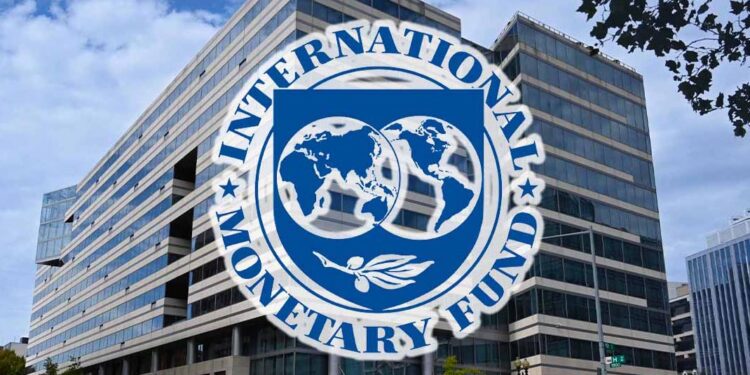Bank of Ghana Receives $367m From IMF
Ghana has received a fresh disbursement of approximately US$367 million from the International Monetary Fund (IMF), following the successful completion of the Fourth Review of the country’s programme with the Fund.
The funds, which were credited to the Bank of Ghana’s (BoG) account on July 9, 2025, come in the wake of the IMF Executive Board’s approval during its meeting in Washington, DC, on July 7, 2025.
This latest disbursement brings Ghana’s total drawdown under the IMF-supported US$3 billion Extended Credit Facility (ECF) programme to about US$2.3 billion since the country signed onto the programme on May 17, 2023.
Boost to International Reserves, Cedi Stability
The immediate impact of the new funds is expected to be felt in the Bank of Ghana’s international reserves, which will see a further boost. This, analysts say, puts the central bank in a stronger position to support the Ghana Cedi against major foreign currencies.
Although some market watchers describe the increase in reserves as marginal, the additional buffer could play a crucial role in sustaining recent gains in cedi stability.
Unlike previous IMF disbursements, which were primarily earmarked for balance of payments support, part of the fifth tranche will be allocated to financing projects within the national budget. According to sources, the Bank of Ghana will exchange the US$367 million for its cedi equivalent and transfer it to the Ministry of Finance, led by Dr. Cassiel Ato Forson, for targeted spending.
IMF Board Praises Ghana’s Corrective Measures
In its assessment, the IMF Board commended the new administration for taking decisive corrective measures to address the fiscal slippages of 2024 and ensure the economic reform programme stays on track.
The Fund highlighted Ghana’s commitment to achieving a fiscal primary surplus of 1.5% of GDP in 2025 through enhanced revenue mobilisation and prudent expenditure management, while safeguarding social spending to protect the vulnerable.
Additionally, the government is expected to implement a series of public financial management reforms aimed at aligning spending with available resources. These include strengthening budget controls and conducting a comprehensive audit of outstanding payables accumulated as at end-2024.
“Looking ahead, the authorities are committed to sustaining their efforts to bolster financial stability,” the IMF Board noted in its statement.
The Board also underscored the importance of the government’s ambitious structural reform agenda, which it said will help create an environment more conducive to private sector investment, enhance governance, and underpin sustainable economic growth and job creation.
With the fifth tranche secured, the government is poised to intensify efforts towards macroeconomic stability, fiscal consolidation, and restoring investor confidence. Market participants will now watch closely how the latest disbursement translates into tangible improvements in cedi stability, inflation control, and economic recovery.








